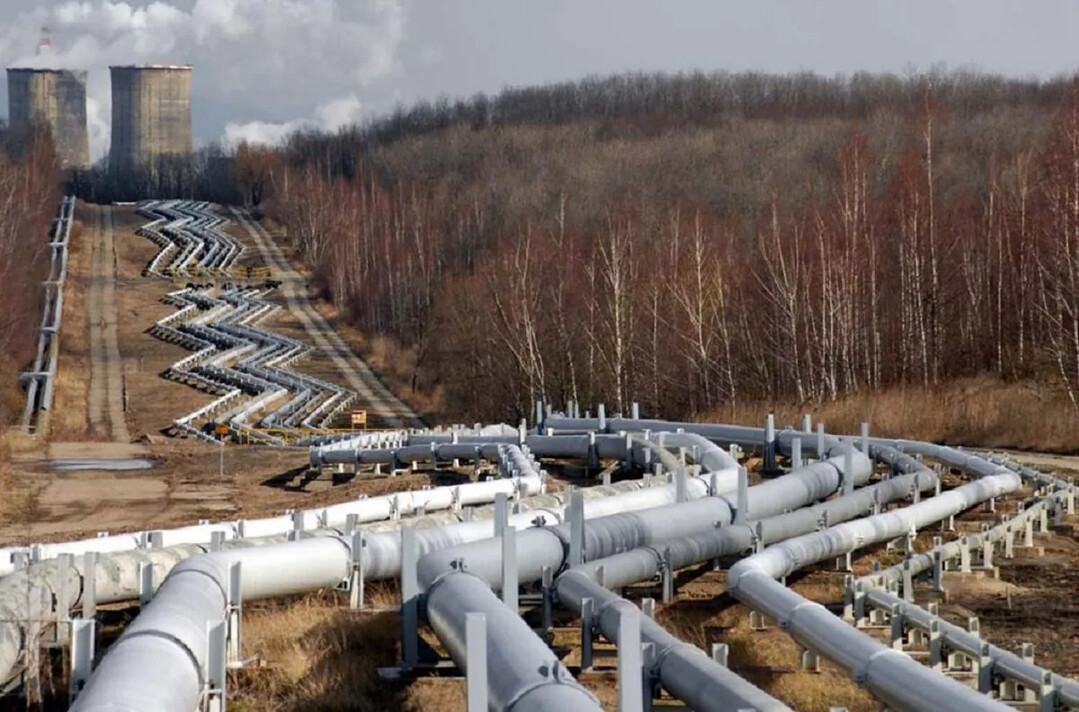
Prague – Russian oil deliveries to the Czech Republic through the Druzhba pipeline have been abruptly halted, as reported by Czech news channel CT24 on March 4th. This disruption has prompted assurances from the Czech government regarding the nation's energy security.
Industry and Trade Minister Lukas Vlcek addressed the situation, stating, "We control the situation and are prepared for such circumstances. Refineries in the Czech Republic are well prepared, and the state material reserve system is reliable, so I can assure everyone that there are enough oil reserves for both households and businesses." Notably, the cause of the sudden halt in oil flow remains undisclosed.
The Druzhba pipeline, a legacy of the Soviet era, serves as a crucial conduit for Russian oil to Europe, with its southern branch supplying Central European nations, including the Czech Republic. This recent stoppage adds to the pipeline's history of interruptions, recalling a temporary halt in December 2024 that lasted two days.
The Czech Republic's long-term strategy involves weaning itself off Russian oil. Prime Minister Petr Fiala announced in January that the country intends to completely cease Russian oil imports via the Druzhba pipeline. This transition will hinge on the Transalpine Pipeline, which has undergone modernization to accommodate increased supply volumes.
The broader context of this disruption is the European Union's embargo on Russian oil and oil products, enacted in June 2023. While the southern branch of the Druzhba pipeline received a temporary exemption, this exemption is set to expire in June 2025. Following this, recipient countries will be required to secure alternative supply routes.
The current halt in Druzhba oil flow raises questions about the stability of energy supplies in the region and underscores the ongoing efforts of European nations to diversify their energy sources.
[Copyright (c) Global Economic Times. All Rights Reserved.]






























